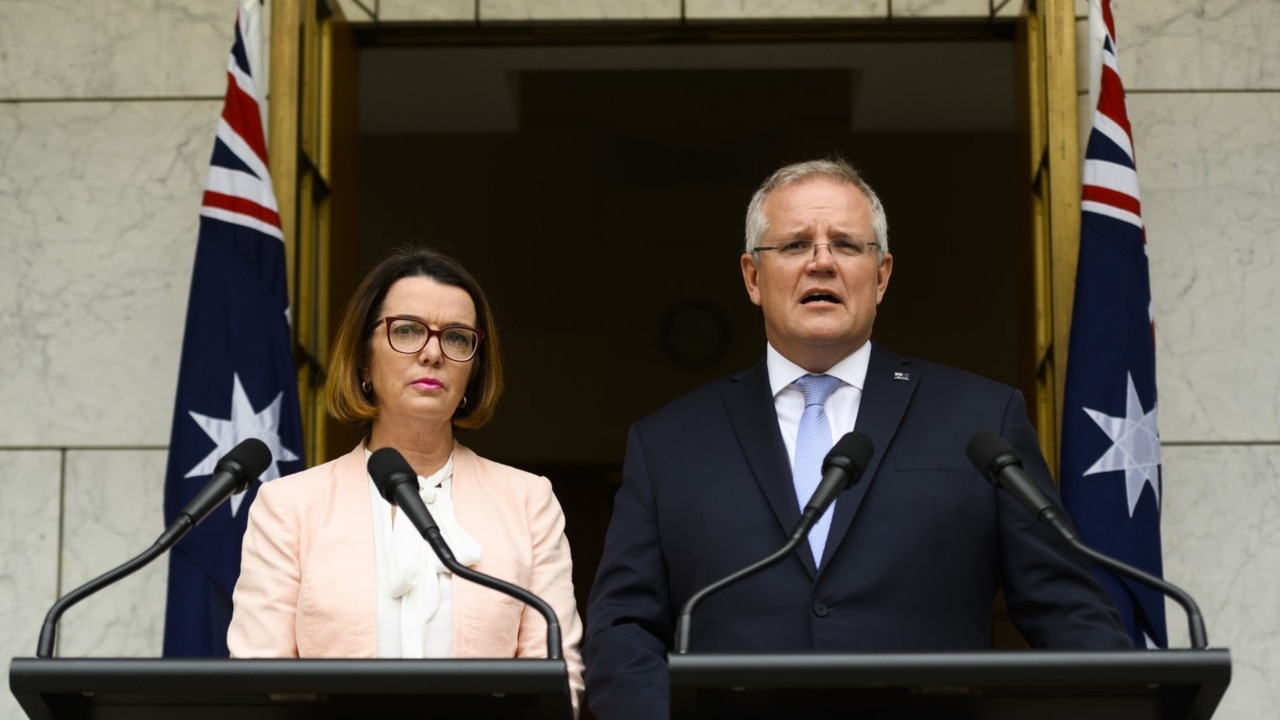GPs lose thousands of dollars in bulk billing after Government slashed Medicare rebates
A growing numbers of GPs are worried they are becoming a dying breed, and are calling for a reversal of Medicare rebate cuts that “disincentivize” new grads.

GPs are worried that they are becoming a dying breed and are calling on the Federal Government to reverse Medicare rebate cuts that are further dissuading graduates from entering general practice.
GPs say they are losing thousands of dollars in bulk billing after the Federal Government slashed the Medicare rebate for electrocardiograms (ECG) for patients presenting with cardiovascular conditions from $27.50 to $16.30 in August 2020.
RACGP President Professor Karen Price said the decision was a “slap in the face” to primary care providers who had lost out on the rebate to interpret the recording of the heart’s electrical activity, while only being reimbursed for performing the ECG trace itself.
“We want the Federal government to reinstate the rebate – a good GP will still perform the ECG and foot the out of pocket cost. If it falls on the patient, the costs may translate in the longer term to poorer health outcomes,” Ms Price said.
“It is the people most in need and patients in rural locations who are suffering because of this. In the case of acute presentations of ischaemic heart disease, we may not have the choice, GPs will continue to perform the ECG and just not get paid for it.”

Patients referred by GPs for ECGs to private specialists, or emergency departments could foot higher out of pocket costs and face long wait times to be seen.
The RACGP states that only 15.2 per cent of new graduates are interested in a career as a GP, whereas the target should be 50 per cent.
GP Dr Jason Cooke of Newington Medical said: “The Medicare rebate cut is a total insult to the high standards of training to become a GP primary care physician, assuming we no longer have the requisite skills to correctly interpret ECG findings anymore. This is a clear example of GPs not being recognised as doing valuable work of the highest standards.
“It’s bad enough on its own, but also serves as a disincentive for new medical graduates to choose a career in primary care.
“This completely flies in the face of government messages encouraging people to get a heart check from their GP.
“Greater investment in primary care would save billions, and by reducing the need for more expensive secondary care, would improve the nation’s productivity through a healthier population.
“After all, an ounce of prevention is worth more than a pound of cure.”

“It is little wonder that the continual degradation of Medicare funding means young doctors do not want to become GPs anymore,” he said.
“The ECG rebate is just one in a host of Medicare rebate cuts GPs have endured over at least the past 10 years when rebates were frozen and others removed altogether; the Australian system is becoming ever more privatised, but the Federal Government needs to stop continually divesting itself from Medicare,” Dr Cooke said.
Sydney GP Meena Qidwai said the original $27.50 rebate was still poor and the cut in rebate underlined the government’s lack of recognition for frontline GPs managing heart conditions.
“The government is telling GPs that it doesn’t value our service – it really is a slap in the face to GPs and anyone who wants to be a GP.
“We are becoming more like America where private billing will become the way forward.
GPs reluctant to perform ECGs because of the cut rebate will send patients to emergency departments which is putting additional pressure on hospitals.”
More Coverage
Originally published as GPs lose thousands of dollars in bulk billing after Government slashed Medicare rebates





